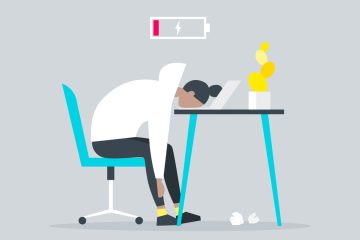We all have anxiety, so the real question is ‘does your anxiety cause you problems?’
Anxiety is a normal feeling and affects us all in different ways and at different times. It has a purpose as an internal alarm system. This alarm system releases adrenaline, which increases the heart rate and boosts oxygen to our limbs, getting us away from or able to fight danger – fight or flight.
However, sometimes anxiety can be triggered by an everyday situation when there has been a build-up of stress. It can often be hard for people to clearly identify the reason behind their anxiety and that can be distressing.

The way anxiety displays depends on the individual. Some common symptoms include butterflies in the stomach, jelly legs, tension headaches, hot flushes, needing to use the toilet more often. And there are psychological symptoms such as feeling on edge and alert to everything around you, feeling like people are looking at you, feeling like wanting to run away, thinking you may lose control.
The most likely behaviour as a result of anxiety is to avoid what’s causing the anxiety. However, although that might provide immediate relief, it is only a short term solution and may actually allow the anxiety to grow by positively reinforcing the fear.
Anxiety can become problematic and other symptoms can develop such as panic attacks, phobias, obsessive thoughts, compulsive behaviours and selective mutism. This can feel very frightening. The good news is that with guidance it’s fully possible to understand our anxiety and manage it back to a helpful level again.
There are a variety of ways to do this, but it roughly falls into three parts:
- Understanding how anxiety affects you, physically and psychologically and why it has become problematic.
- Find ways to manage anxiety including grounding tools and new thought patterns.
- Practising what you learn and noticing whether it’s effective for example by keeping a journal.
There’s some great advice on these websites. However, if you’d like to have guidance and support to work on your anxiety, please get in touch and we can find a way that works for you.


